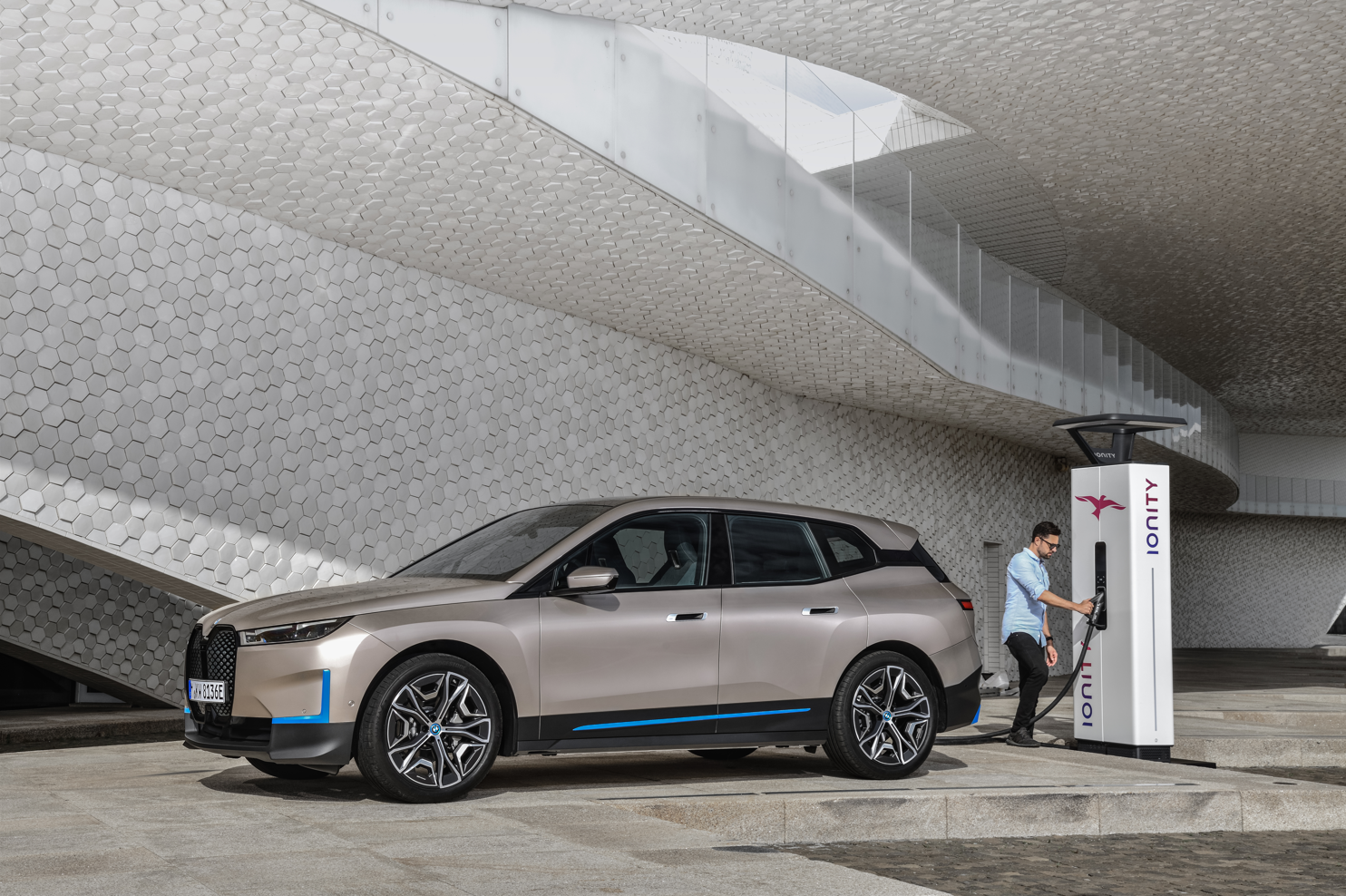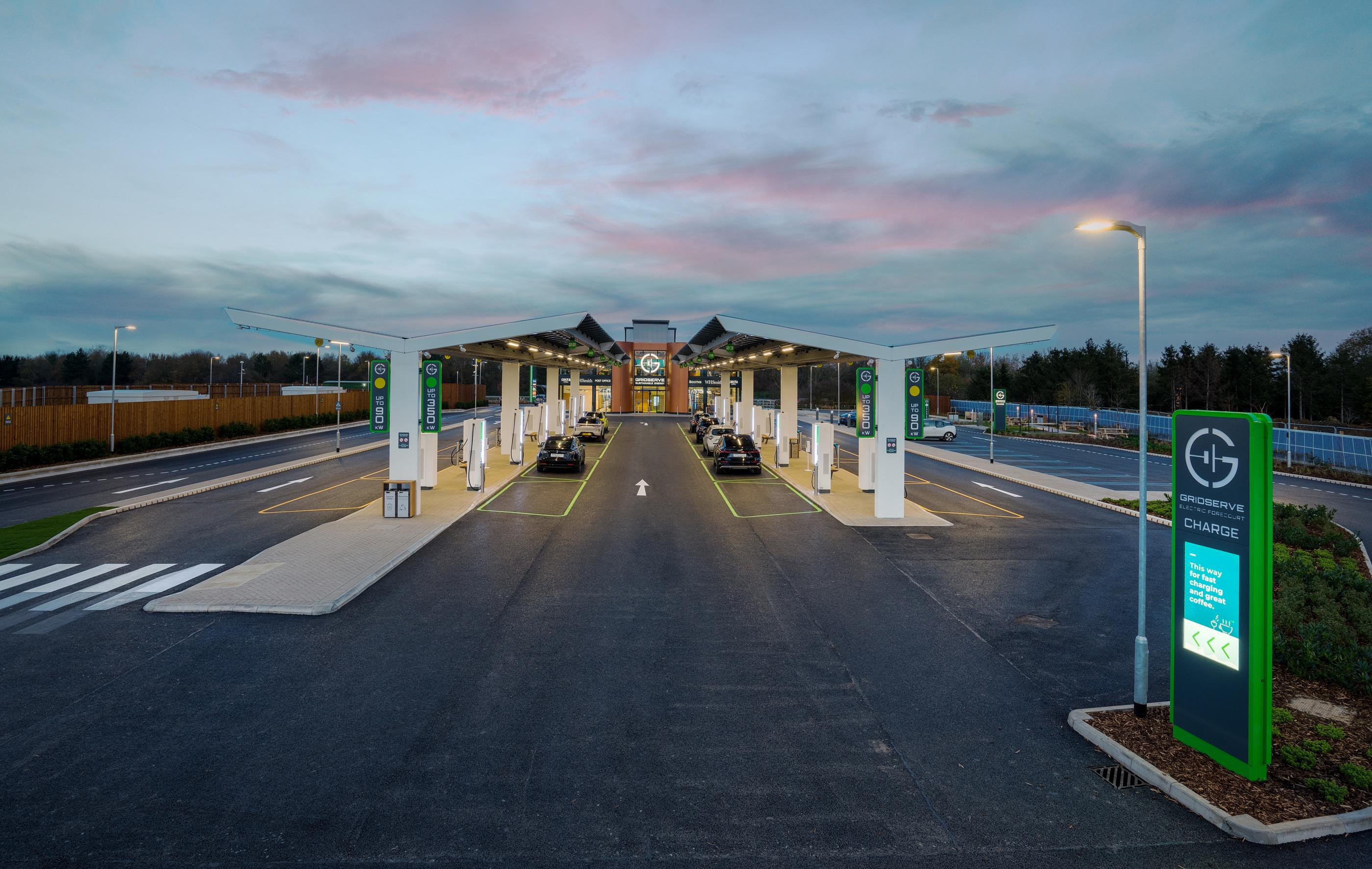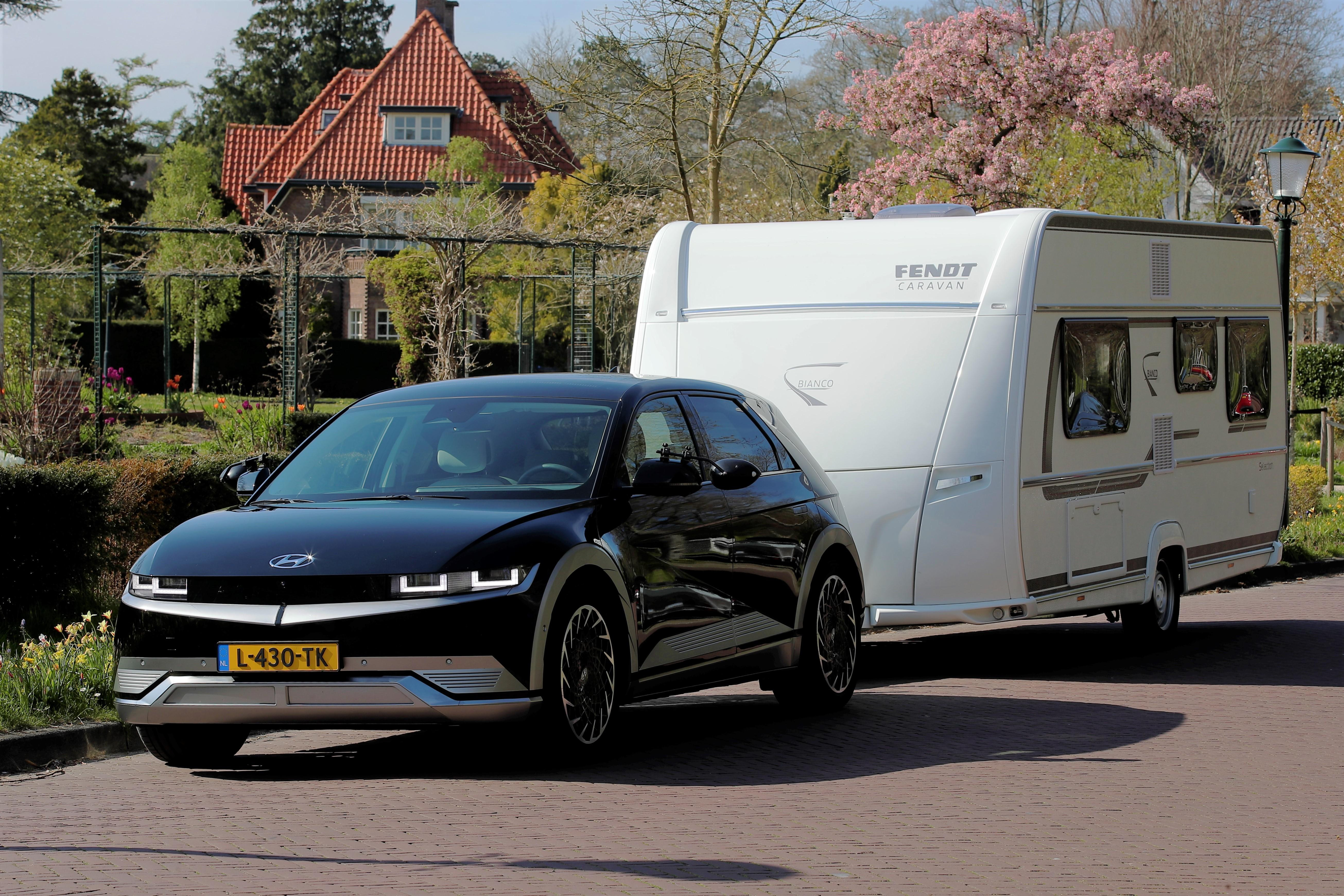Electric Car Myths Busted

EV Myths Busted
The electric car world is awash with information. It’s a whole new area for a lot of people, so it’s understandable how figures get mixed up and rumours get cemented into fact. Thankfully, when you dig into them properly, you’ll find that EVs needn’t be that complicated.
So today, we’re going to take a look at some of the common misconceptions about EVs that aren’t true - as well as some extra information to help you along on your electric journey.
You can’t take an EV in a car wash
It’s a fair argument that electricity and water aren’t a favourable mix. But in the case of electric vehicles, there’s no need to be worried. The batteries and electric components are well insulated from the outside, so you can take it through a car wash without having to worry.
The same goes for the charging cables - you can plug these in when it’s raining. They’re heavily reinforced, so they won’t cause any issues if you’re having to charge up in the wet.
An EV can’t travel that far
In the early days of electric cars, range wasn’t a strong point. Early trendsetters of the segment simply couldn’t deliver a lot of range, largely because the battery and motor technology was still very much in its infancy.
However, in recent years this technology has seriously ramped up. Even mid-size EVs can deliver a range of well over 200 miles, while some of the tip-top models are capable of nearing the 400-mile mark. It means that you won’t be restricted to shorter journeys should you choose an electric vehicle.
Electric cars are slow
You might think that a car with additional batteries on-board might be a little sluggish away from the line, but the reality is quite the opposite. In fact, if you drive a regular battery-powered hatchback against an equivalent-size car with a petrol or diesel engine, you’ll find that the EV feels noticeably quicker.
That’s because all electric vehicles deliver their torque instantly. Unlike petrol or diesel-powered cars where there’s usually a small pause before the power comes in after you’ve pressed the throttle, electric cars deliver an instant burst. It makes them noticeably zippier away from the line and ideal for darting in and out of inner-city gaps in traffic, for example.
Electric cars will overwhelm the National Grid

Energy supply is, of course, a big consideration for the future of electric vehicles. It’s often believed that if every EV plugged into the mains at the same time, that the National Grid would be overwhelmed and the system sent into freefall.
However, the National Grid has stated that thanks to the boost in green energies, as well as advances in smart energy management, that there’s more than enough supply to match demand.
Electric cars can’t tow

Though it’s fair to say that not all electric cars are able to tow, there is a surprising number that are actually rated to undertake it. Much like petrol and diesel cars, different electric vehicles have different towing ratings, so you’ll need to check these out beforehand if you’re considering one.


















